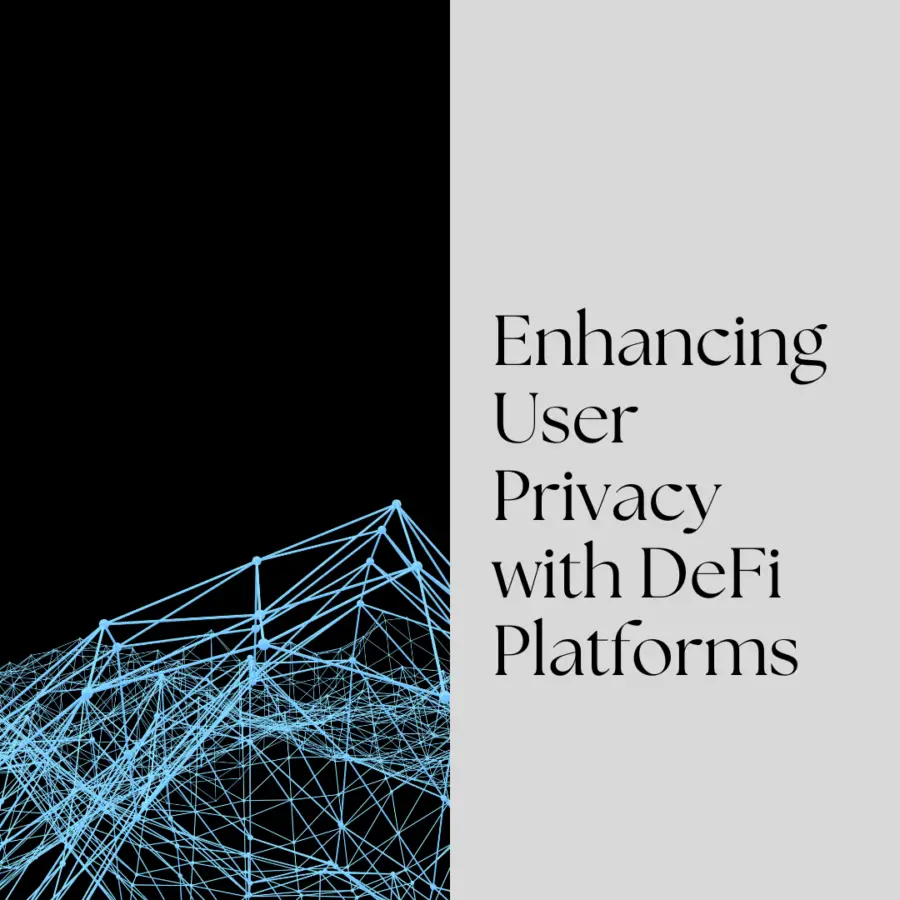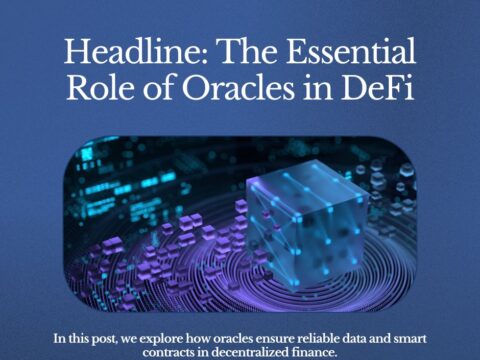Decentralized Finance (DeFi) platforms have reshaped the financial landscape, offering users unprecedented financial autonomy. Ensuring privacy is crucial in this digital realm. This exploration delves into strategies employed by DeFi platforms to enhance user privacy.
1. Non-Custodial Wallets and User Control:
- DeFi platforms encourage the use of non-custodial wallets, granting users full control over their private keys. This user-centric approach enhances privacy by eliminating reliance on centralized entities.
2. Zero-Knowledge Proofs (ZKPs):
- DeFi platforms implement zero-knowledge proofs, cryptographic techniques that validate transactions without revealing sensitive information. This ensures transaction confidentiality while maintaining the integrity of the network.
3. Decentralized Identity Solutions:
- Integrating decentralized identity solutions allows users to manage and share their identity information selectively. This model enhances privacy by giving users control over the release of personal data.
4. Tor and VPN Integration:
- Some DeFi platforms integrate with Tor (The Onion Router) or support VPNs, enabling users to access the platform anonymously. This additional layer of privacy safeguards user IP addresses.
5. Layer-2 Scaling Solutions:
- Layer-2 scaling solutions, such as rollups and sidechains, facilitate off-chain transaction processing. By minimizing on-chain interactions, DeFi platforms enhance privacy and reduce the exposure of user activities.
6. Private Transactions and Confidential Assets:
- DeFi projects explore cryptographic techniques to enable private transactions and confidential assets, shielding transaction details from external observers.
7. Incognito Mode and Private Sessions:
- DeFi platforms often incorporate user-friendly features like incognito mode or private sessions. These features help users access the platform without leaving traces in their browsing history.
8. Consent-Based Data Sharing:
- Platforms may adopt consent-based data sharing mechanisms, allowing users to decide which information they are comfortable sharing. This approach aligns with the principles of user empowerment and privacy.
9. Distributed Data Storage:
- DeFi platforms leverage distributed and decentralized storage solutions. This reduces the risk of centralized data breaches and enhances the security of user information.
10. Advanced Encryption Techniques:
- Robust encryption techniques are employed to secure user communications and data. This includes end-to-end encryption for messaging and communication channels.
11. Educational Initiatives on Privacy:
- DeFi platforms invest in educational initiatives to raise user awareness about privacy best practices. Educated users are better equipped to take advantage of privacy-enhancing features.
12. Continuous Security Audits:
- Regular security audits and assessments should be conducted to identify and address potential vulnerabilities. Proactive security measures contribute to maintaining user privacy.
Conclusion
Prioritizing user privacy is a cornerstone of DeFi platforms’ commitment to decentralization and user empowerment. Through a combination of technological innovations, privacy features, and user education, these platforms aim to create an environment where users can engage in financial activities with confidence, knowing that their sensitive information is safeguarded. As the DeFi space evolves, continuous efforts to enhance privacy measures will play a pivotal role in shaping the future of decentralized finance.





